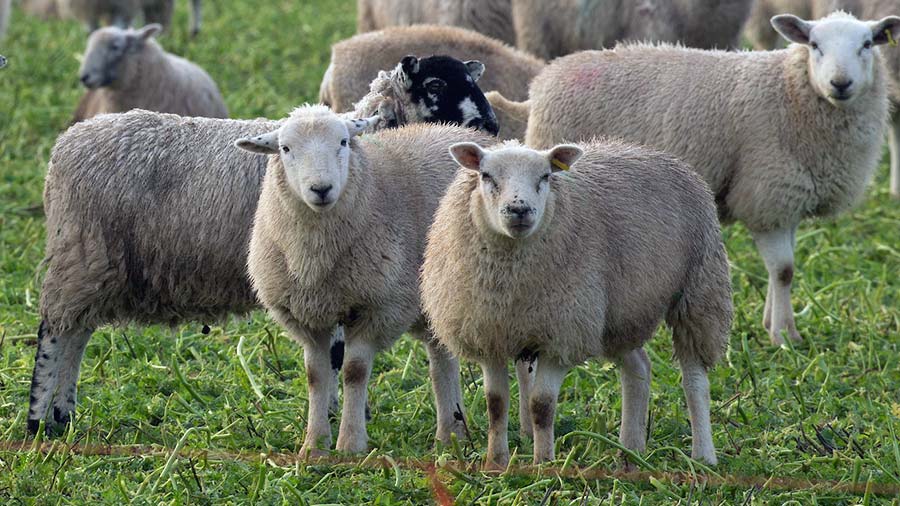‘Less pork and chicken, more beef and lamb’, says new regen ag report
 © Tim Scrivener
© Tim Scrivener A UK-wide shift to regenerative farming could double domestic fruit and vegetable production, while maintaining beef and lamb output at existing levels, according to a new report from the Sustainable Food Trust (SFT).
A group of more than 60 farmers, including organic dairy farmer Patrick Holden, SFT chief executive, is urging the government to support the transition, and so end the UK’s reliance on chemical fertilisers from Russia.
See also: Regenerative farming is the future, says Prince Charles
The Russian invasion of Ukraine had underlined the scale of UK agriculture’s dependency on imported fertilisers, fuels and animal feeds, says the report.
Around 1m tonnes of nitrogen fertiliser is currently used to grow grass and crops in the UK, but the farmers behind the Feeding Britain report, published on Wednesday (10 August), calculate that the UK could be self-sufficient in food without that input.
Pulses and pasture
According to strategies set out in their modelling, production of pulses for human consumption could quadruple, but it would come at the expense of grain for animal feed, a 75% reduction in chicken and pork production and a halving of egg output.
The report also signals a 25% cut in milk production from a shift to pasture-based systems.
“Chicken and pork would become a more occasional part of our diets, meaning beef, lamb and dairy from pasture-based systems would be the new staple livestock products,” it suggests.
Under their model, a general shift to mixed farming would result in the reintroduction of grassland and grazing livestock in arable areas, mainly in southern and eastern regions, and cropping in northern and western counties currently dominated by grassland.
To achieve this, a “bold’’ government food strategy is needed, with financial support and regulation that favours public goods outcomes, but penalises “damaging’’ practices.
The group also want to see banks and private investors offering sheltered loans and preferential interest rates for farmers undergoing the transition to regenerative agriculture.
“A transition to regenerative farming practices would help fight climate change, protect nature and our health, as well as building national food security,” said Mr Holden.
To make it sustainable, retailers and food manufacturers would need to provide guaranteed prices and forward contracts linked to the true cost of production for farmers transitioning to regenerative agriculture, the report adds.
How does it all add up?
The calculations were modelled on dividing farmland according to its growing potential, based on differences in soil quality, climate and topography, and by designing a set of regenerative farming systems suitable for each of those land types.
The amount of food these systems were anticipated to produce was calculated, largely modelled on current organic figures, but assuming a 20% uplift in yields resulting from intercropping, enhanced plant breeding and the use of treated human waste for fertiliser.
The impact on diets of individuals was also calculated as well as UK self-sufficiency 10 years in the future, to allow for a projected rise in population.
